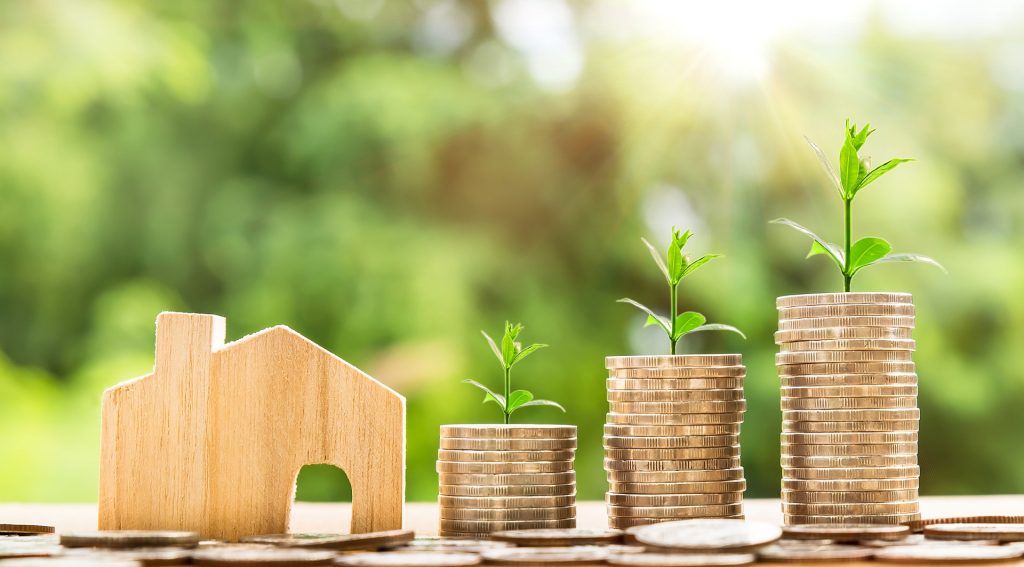Fair distribution of the cost burden is a stumbling block in implementing the green transition
According to various assessments, the green transition will require funding equivalent to 2-4% of the national GDP annually for this and the next decade. In its yearbook published at the beginning of April, the Foresight Centre emphasises that the transition to an environmentally sustainable economic model will incur high costs for consumers and require supporting measures for successful implementation. However, the transition is predicted to bring benefits to the economy in the long term.

In the upcoming yearbook, the Foresight Centre asserts that in order to motivate essential investments, increasing the prices of environmentally harmful products and services cannot be avoided, as this measure is necessary for reducing their unfair advantage over environmentally conscious competitors. However, this will result in an overall rise in prices, which will lead to a reduction in the purchasing power of the population.
“The transition period will be difficult for society, as people will see a decrease in their access to products and services,” said the Head of the Foresight Centre Tea Danilov. “However, over the next 10-20 years, increasing the investment capacity should lead to an increase in productivity and economic growth, in addition to a better living environment.”
The green transition will require upgrades to the technologies, devices, buildings and energy systems used in economic activities. In many cases, these assets will need to be replaced before the end of their useful life, which will incur additional costs for companies and increase price pressure for consumers, according to the Foresight Centre.
A Flash Eurobarometer survey conducted in spring 2023 found that 76% of Estonian citizens consider climate change a serious global issue, with 30% believing that the transition to an economy that considers the climate should be sped up. The Foresight Centre noted in its yearbook that an increase in future issues may turn the population against the green transition. Therefore, it is important to find a method of green transition that can distribute the burden of costs related to the transition fairly among society.
“If environmentally harmful products and services are made more expensive, their environmentally conscious counterparts should in turn be made more affordable,” added Danilov. “So far, this has been attempted by granting subsidies. Some examples of this include subsidies for renovating or replacing heating devices and a grant for purchasing an electric car. However, practice suggests that the organisation and personal contributions required for subsidy and grant applications can only mostly be afforded by wealthier people and that these support measures might not be beneficial for the poorer parts of society at all.”
The Foresight Centre suggests in its yearbook that lower-income households mostly also leave a smaller ecological footprint than wealthier ones, but not in all categories. For example, the ecological footprint caused by household heating tends to be larger for lower-income households, as they have less financial means to renovate their heating devices. The ecological footprint of people living rurally also tends to be larger than those living in urban areas, primarily due to household heating emissions and, to a lesser extent, a higher environmental burden from transportation. The primary area of concern lies in the limited opportunities for reducing the environmental impact in rural areas due to reduced access to alternatives for household heating devices and modes of transportation compared to urban areas.
“Climate legislation is currently being developed and we are considering the best approaches for achieving our goals and the extent of the burdens to be carried by various sectors and societal groups,” explained Danilov. “Hopefully, this process will also help us assess the economic and social impacts of the green transition and determine ways to minimise its negative consequences.”
The Foresight Centre will publish its yearbook focusing on the economic and social trends of 2023 at the beginning of April.
Latest news
-
27.06 2025Current low birth rate will lead to up to 1.3 billion euros less tax revenue in the future
In its new short report “The impact of population ageing and low birth rate on long-term state revenue and expenditure”, the Foresight Centre notes that the lower than projected birth rate will reduce government spending on family policy and education, but in the long term, it will mean up to 1.3 billion euros less in tax revenue.

 An independent think tank at the Riigikogu
An independent think tank at the Riigikogu